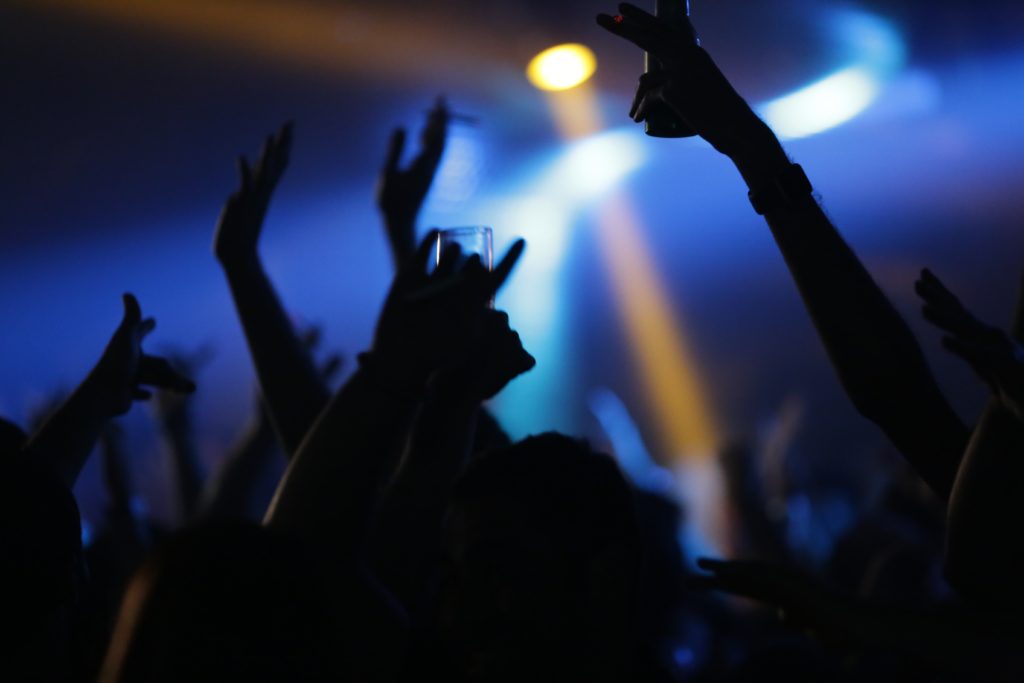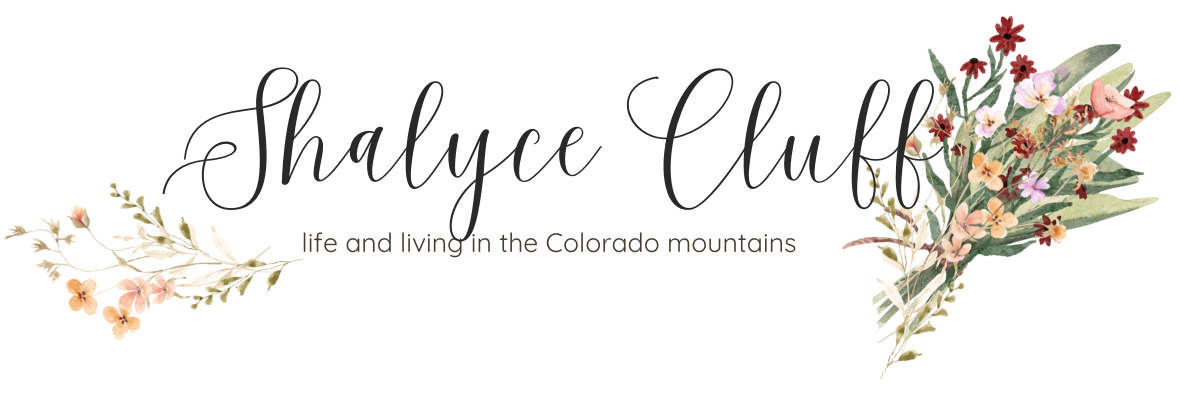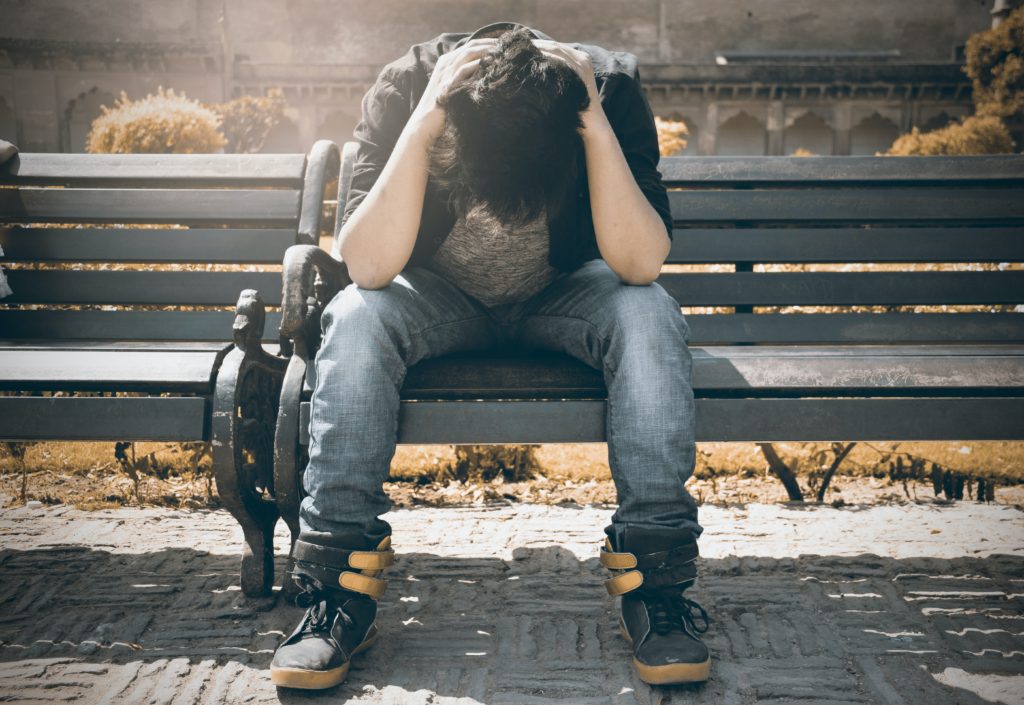The Healing Power of Pain
We are averse to pain, but there is a healing power in pain.
We go to extreme lengths to avoid pain. There are many options and possibilities for doing so in our world today. While pain is difficult to go through, there is a specific and important purpose in pain–so we can begin to heal.
In my Introduction to Psychology class, students watch a video of a young girl who has a rare disease, because of which, she feels no pain. When something is physically wrong, or she has injured herself, she cannot feel it at all. She has caused great damage to herself, nearly gouging out her eyes because she can’t feel the pain. She is unable to comprehend that she is physically damaging her body.
Feeling no pain sounds like it would be amazing. However, pain is necessary.
Pain is a communicator.
When we find every means possible to avoid feeling pain, we are figuratively gouging our eyes out. If we ignore, mask or hide pain we ignore what our body and mind is attempting to communicate with us. By avoiding addressing pain, we cannot identify and fix the root cause of the pain.

There are many methods to avoid feeling pain, when instead we should be trying to understand pain.
We lash out in anger at others, often those we love the most, rather than feel pain. Drugs and alcohol are used to numb our senses and forget about the things that are hurting us. The television allows us to leave our lives of pain, instead entering the world of someone else.
We waste away our days on Facebook, Instagram and other social media trying to escape the hurt.
_____________________________________
This is one I’ve done, and you can read about it here.
_____________________________________
Pain is ignored by distracting ourselves.
We turn to diet and exercise, careers or goals. Using each to try to mask our pain by “feeling good” about ourselves.
Indulging extensively in hobbies turns to a place we cannot feel pain. It allows us to move our mind from pain towards something we enjoy. Toxic relationships and unhealthy interactions are used.
Even religion and prayer. We hope the pain will be taken away through no effort or understanding of our own.
Many of these strategies are not intrinsically bad, but when we use them to mask pain they can be deadly.
An escape from pain and hardships is okay, even good at times if done in the right context.
The danger is when we never take the time or make the effort to allow the pain to be present. We need to be with our hurts and identify the root cause.
Sometimes we can feel and learn from the pain on our own. But pain may be so great and the struggle so significant that we need help. Either way, it is essential to accept pain then find and address the source.
If we are masking and avoiding pain, we are a catalyst to the damage we receive mentally and emotionally as a result of pain avoidance.
Pain is Essential to Healing
When we face our pain head on, make the effort and use our energy to feel pain, we have the opportunity to heal.
Pain is a signal. It indicates something is wrong or damaged. Through pain we learn there is something that needs fixed.
If a physical wound is left unattended and instead we are just given an anesthetic, that wound will not immediately hurt us. The pain will subside for a time. But the wound will still be there. Eventually it will fester and become infected. It may even spread to other areas of our body.
Unattended physical wounds can become fatal.
Likewise, as we mask mental and emotional pain, with mental anesthetics, it results in a temporary loss of sensation and awareness, but our wound still festers.
It spreads to other areas of our mind and our life.
Left unattended, small wounds can turn into gaping holes infecting essential areas of life necessary for healthy and happy living. Sometimes it becomes fatal.
Yes, there are minor mental and emotional injuries which can heal largely left unattended. But if we find we are drawing on unhealthy coping mechanisms, it is a sign we are dealing with an area of pain that needs more attention.
As with physical pain, mental and emotional pain must be carefully handled. Sometimes our wounds are small and we can manage the healing process on our own, placing a band-aid on the area until it heals.
Sometimes we need a little help, and sometimes we need the equivalent of a hospital where swift care and professional skills can be used.
But, no care can be given if we are not open to feeling and dealing with the pain that inevitably comes with life.
Once we feel pain, we need to identify the cause.
This requires introspection and honesty. Understanding pain requires vulnerability and courage.
What is the root source of the pain?
Sometimes we have to look deeply. Other times it is readily clear once we eliminate the elements we are using to mask pain.
Always, we must take responsibility for our part in the pain and embrace the power we have to heal the source of the pain.
Unfortunately, we sometimes try to heal our pain by choosing to repeatedly re-injure ourselves. We believe we must not just hold a remembrance of the pain, but repeatedly feel the pain of the wound. Talking about it often and dwelling on the pain we felt.
We may figuratively allow a scab to form and then rip it off, reopening our wound.
You don’t have to re-break a leg to remember how painful it was. We can still move forward wiser and aware of how to avoid activities in which we might again break our leg.
Sadly, when it comes to mental pain, we sometimes choose to break our wounds open again and again and again instead of allowing them to heal and choosing to move forward.
When you open yourself up to feel the pain and work to identify the root cause, you can begin to make changes in your life. Changes to your behavior, environment and thought process. Then you can move forward pain free, carrying the lessons with you that were learned from the pain you experienced.




